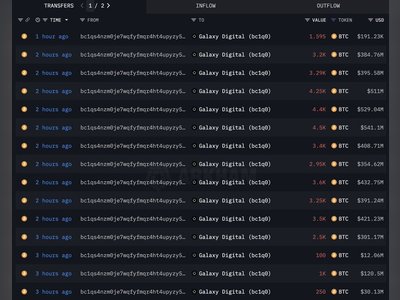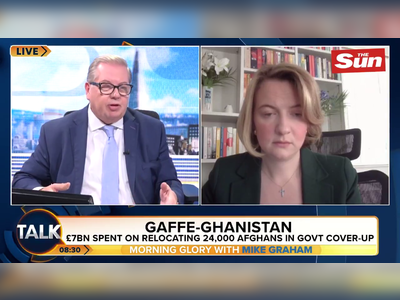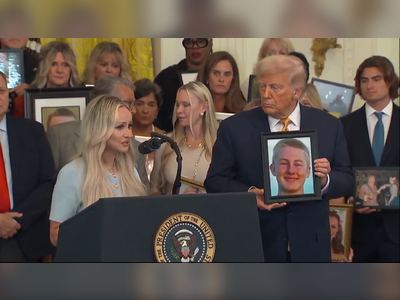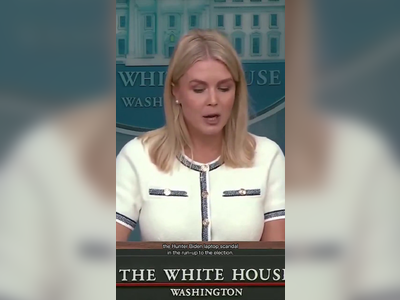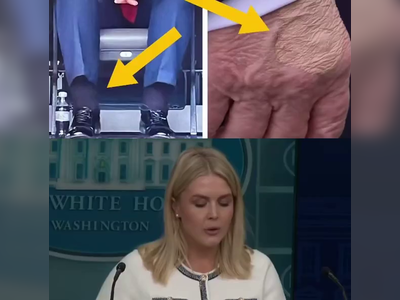
Supreme Court Maintains Ban with Bipartisan Backing, Delegating Decision to Presidential Authority
In a unanimous ruling, the U.S. Supreme Court has affirmed a law prohibiting the social media platform TikTok, should its Chinese parent company, ByteDance, not divest from it.
This decision places the future of the app, used by 170 million Americans, in the hands of the incoming President Donald Trump, who has shown interest in negotiating a deal that might enable TikTok to keep operating in the U.S.
The law, endorsed with substantial bipartisan support and signed by President Joe Biden, underscores mounting national security concerns.
These concerns revolve around the potential for control by foreign adversaries and the vast amount of personal data collected by the platform—data that could be exploited for espionage, harassment, or recruitment by foreign powers.
Despite these issues, the Supreme Court determined that the law does not breach the First Amendment, contrary to TikTok's legal arguments.
ByteDance has been struggling to meet the divestiture deadline, which may result in a temporary shutdown of TikTok's services in the U.S. This potential shutdown has sparked broad reactions among TikTok users, especially high-profile influencers who depend on the platform for their income.
Meanwhile, other Chinese tech companies are swiftly adapting, creating platforms like RedNote to capture TikTok’s departing audience, though with a Mandarin-only interface that presents challenges for English-speaking users.
The geopolitical landscape also affects the dialogue around TikTok, with Trump expected to impose hefty tariffs on Chinese goods amid rising trade tensions.
This intricate mix of economic, political, and security issues highlights the delicate equilibrium of global tech governance.
As the deadline nears, the tech and legal communities are watching intently.
The decisions made shortly by the Biden administration, followed by Trump, could set critical precedents for how the U.S. addresses national security threats linked to foreign-owned tech companies.
The outcome could also have implications for how other countries deal with similar security concerns involving international tech giants.
The situation remains fluid, with the possibility of a last-minute agreement or executive action allowing TikTok to continue operating under new ownership or structural changes that address the identified security threats.
As stakeholders from political, economic, and social realms weigh in, TikTok's future remains precariously balanced, poised to tip one way or another soon.
The law, endorsed with substantial bipartisan support and signed by President Joe Biden, underscores mounting national security concerns.
These concerns revolve around the potential for control by foreign adversaries and the vast amount of personal data collected by the platform—data that could be exploited for espionage, harassment, or recruitment by foreign powers.
Despite these issues, the Supreme Court determined that the law does not breach the First Amendment, contrary to TikTok's legal arguments.
ByteDance has been struggling to meet the divestiture deadline, which may result in a temporary shutdown of TikTok's services in the U.S. This potential shutdown has sparked broad reactions among TikTok users, especially high-profile influencers who depend on the platform for their income.
Meanwhile, other Chinese tech companies are swiftly adapting, creating platforms like RedNote to capture TikTok’s departing audience, though with a Mandarin-only interface that presents challenges for English-speaking users.
The geopolitical landscape also affects the dialogue around TikTok, with Trump expected to impose hefty tariffs on Chinese goods amid rising trade tensions.
This intricate mix of economic, political, and security issues highlights the delicate equilibrium of global tech governance.
As the deadline nears, the tech and legal communities are watching intently.
The decisions made shortly by the Biden administration, followed by Trump, could set critical precedents for how the U.S. addresses national security threats linked to foreign-owned tech companies.
The outcome could also have implications for how other countries deal with similar security concerns involving international tech giants.
The situation remains fluid, with the possibility of a last-minute agreement or executive action allowing TikTok to continue operating under new ownership or structural changes that address the identified security threats.
As stakeholders from political, economic, and social realms weigh in, TikTok's future remains precariously balanced, poised to tip one way or another soon.

